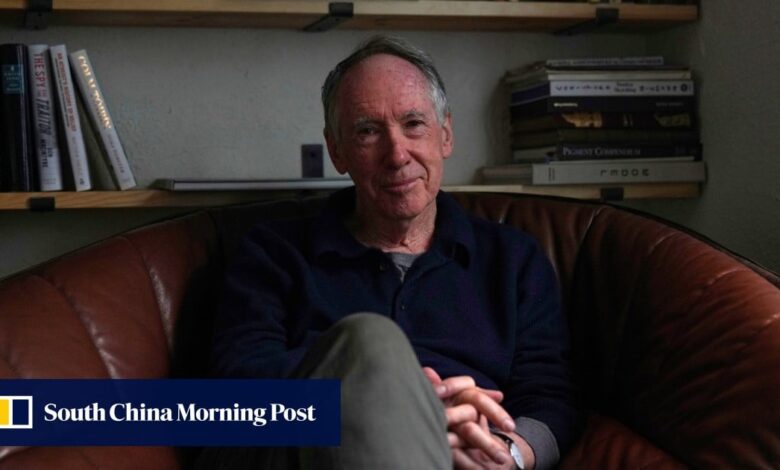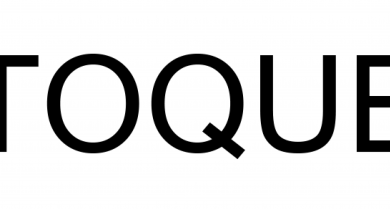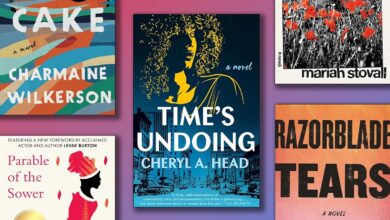Ian McEwan’s What We Can Know looks back fondly at the present from a dystopian future

When novelists look at the future, the view is often grim. There are a lot more fictional dystopias than utopias.
Ian McEwan has good news and bad news about what lies ahead in What We Can Know, a book he calls “science fiction without the science”.
The British author’s 18th novel is set in 2119 and follows a professor of literature researching a famed 21st-century poet and his circle.
So far, so cosy. But it is a world in which nuclear war, pandemics, economic collapse and climate change – a period known as The Derangement – have halved the global population. The United States is a lawless land of feuding warlords. Nigeria is the global superpower. Inundated England has been reduced to a string of small island republics.
McEwan, 77, says that his working assumption is that humanity will “just scrape through” the next century of crises and catastrophes. The novel seeks “to look at the present through the rather envious eyes of someone in the future”.
Those eyes belong to Tom Metcalfe, an English academic studying the famous (fictional) poet Francis Blundy and a legendary lost poem that he read aloud at a dinner party in 2014.
Source link




